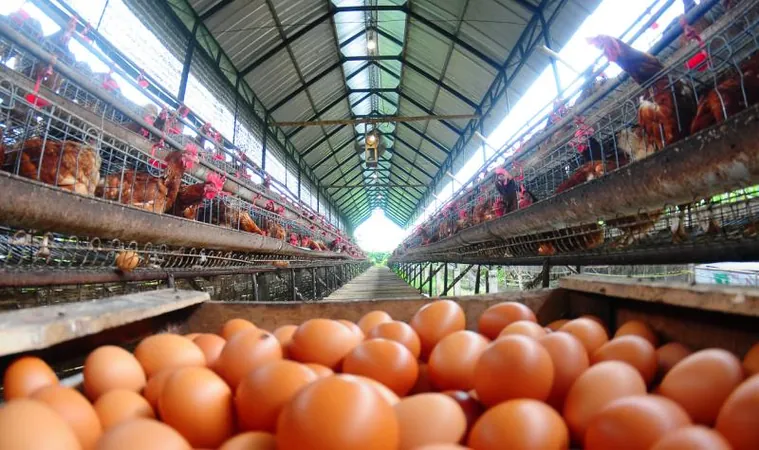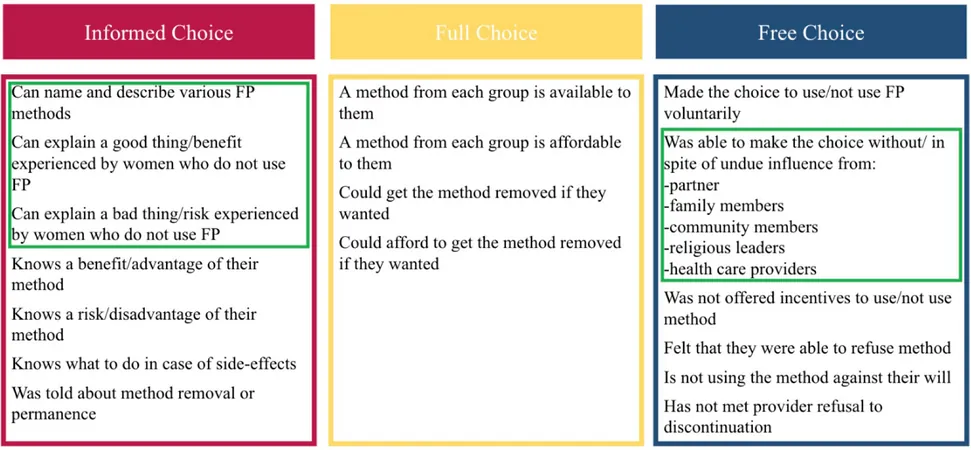
Avian Flu Outbreak Hits Major US Egg Producer, Threatens Supply Chain
2025-01-29
Author: Siti
Outbreak Confirmation
Rose Acre Farms, the second largest egg producer in the United States, has confirmed a harrowing outbreak of avian influenza at its facility in Seymour, Indiana. This situation raises alarms as it could exacerbate the ongoing national egg supply shortage, which has already been strained by the relentless spread of the H5N1 virus across commercial farms in several states.
Initial Response
On January 25, Rose Acre Farms observed an alarming increase in mortality rates among its layer hens and promptly initiated testing. The Indiana Board of Animal Health confirmed on January 26 the presence of the virus at Rose Acre’s Jackson County site, which houses approximately 2.8 million birds. The timely actions taken by the company include ramping up stringent biosecurity protocols and collaborating closely with state officials to monitor the situation in other facilities nationwide.
Broader Impact on the Supply Chain
The crisis is not isolated to Rose Acre Farms. The USDA reported a staggering loss of at least 13 million birds in layer farms due to the outbreaks this year alone. This catastrophic loss not only threatens the immediate supply but could lead to increased prices for consumers.
Wider Spread of H5N1 Virus
In an alarming trend, the USDA's Animal and Plant Health Inspection Service (APHIS) has documented additional H5N1 detections across various species. Notably, there has been a confirmed case within a flock of backyard birds in Ulster County, New York. The agency’s reports also indicated approximately 90 new confirmations among wild birds in multiple states, primarily including deceased snow geese, raptors, and other waterfowl since late 2024 and early 2025.
Impact on Mammals
The disease has not only affected poultry but has also made its way into the mammalian population. APHIS has reported nine new H5N1 cases in mammals, including four domestic cats and two bottlenose dolphins in Brevard County, Florida. Other mammals reported to be infected include two red foxes in Delaware and Pennsylvania and an Eastern gray squirrel in Albany County, New York.
Global Response and Precautions
As the United States grapples with this outbreak, European health authorities are also taking proactive measures to address the threat posed by avian flu. The European Centre for Disease Prevention and Control (ECDC) and the European Food Safety Authority (EFSA) have released a new guide for assessing potential mutations of the avian flu virus that may present risks to human health. This framework outlines 34 identified mutations that could enhance the virus's ability to infect humans, urging immediate monitoring and response strategies.
Urgency for Collaboration
Bernhard Url, acting director of EFSA, remarked on the expanding reach of avian influenza, stressing the urgent need for collaboration among global health organizations. With rising concerns about cross-species transmission, the potential economic impact, and implications for food security, swift intervention and effective biosecurity measures will be paramount to mitigate this pressing public health crisis.
Looking Ahead
As we await further developments, consumers may soon face higher egg prices and restricted supply options. Stay tuned for updates as this situation evolves and efforts continue to contain the H5N1 outbreak.




 Brasil (PT)
Brasil (PT)
 Canada (EN)
Canada (EN)
 Chile (ES)
Chile (ES)
 Česko (CS)
Česko (CS)
 대한민국 (KO)
대한민국 (KO)
 España (ES)
España (ES)
 France (FR)
France (FR)
 Hong Kong (EN)
Hong Kong (EN)
 Italia (IT)
Italia (IT)
 日本 (JA)
日本 (JA)
 Magyarország (HU)
Magyarország (HU)
 Norge (NO)
Norge (NO)
 Polska (PL)
Polska (PL)
 Schweiz (DE)
Schweiz (DE)
 Singapore (EN)
Singapore (EN)
 Sverige (SV)
Sverige (SV)
 Suomi (FI)
Suomi (FI)
 Türkiye (TR)
Türkiye (TR)